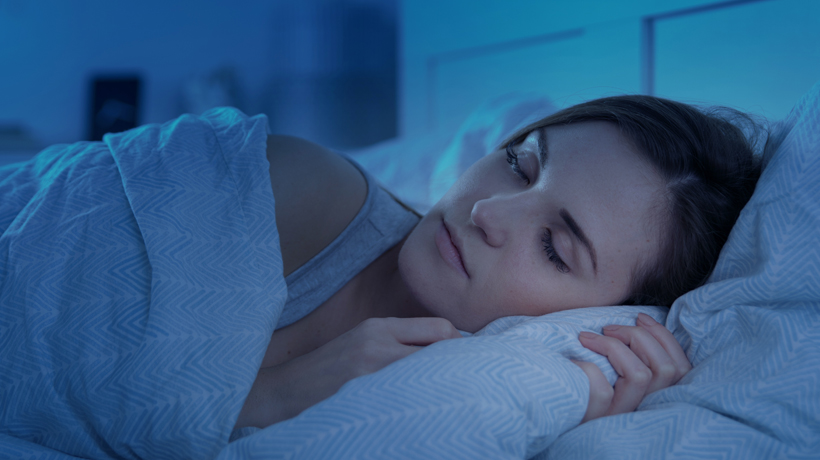During sleep, the body rebuilds muscles that have been worn down during the day and cleans away harmful plaques and waste that are produced in the brain, states the medical website Healthline. These are vital processes that keep both your mind and body running. The mind also processes and responds to important emotions and experiences from the day and binds them to memory.
Exercise before sleep
Exercise can lead to a buildup of adenosine, a hormone in the part of your brain that monitors your fatigue levels, says Christopher Kline, PhD, of the University of Pittsburgh. Having increased adenosine level, can help you sleep and actually trigger non-rapid eye movement (REM) sleep or slow wave sleep. Exercise also raises your body temperature, which causes the blood vessels to dilate to get rid of heat, he says.
Beyond the acute effects of exercise, maintaining a regular and consistent pattern of exercise leads to better sleep on the whole. Working out reduces stress, anxiety, and depressive symptoms that may keep you awake at night. In other words, exercise helps you relax so you have an easier time drifting off to sleep at night.
Follow a regular schedule
Going to bed at the same time each night helps regulate your inner clock, states Healthline. Following an irregular sleep schedule has been linked to poor sleep quality and duration. In a study published in the journal BMC Public Health, researchers looked for an association between an irregular bedtime schedule and sleep quality, daytime sleepiness, and fatigue among undergraduate students in Taiwan. 160 participants went through a semi-structured interview and completed a survey. The results of the study suggest a high prevalence of both an irregular bedtime schedule and insufficient sleep among university students in Taiwan. Students with an irregular bedtime schedule experience poor sleep quality.
Avoid caffeine
Caffeine is a factor that can be a reason for your lack of sleep. A research study in the Journal of Clinical Sleep Medicine was done to show the effects of having caffeine later in the day and how it disrupts sleep. According to the health website Medical News Today, in the study each participant was given three pills to take each day for four days. Participants took one pill six hours before bedtime, the second three hours before, and the third at bedtime. One of the three pills contained 400 mg of and the other two looked identical to the caffeine pill but were only harmless placebos. On one of the days, all three pills were placebos.
Sleep disturbance was measured in two ways, by means of a sleep monitor used at home, and from diaries kept by the participants. The results showed that consuming caffeine three and even six hours before bedtime significantly disrupts sleep; even when consumed six hours before bedtime, it reduced objectively measured total sleep time by more than an hour.
Adjust the air temperature
According to WebMD, a mild drop in body temperature induces sleep. Generally, if you are in a cooler room, it is easier to fall asleep. But if the room becomes uncomfortably hot or cold, you are more likely to wake up, says Ralph Downey III, Ph.D, chief of sleep medicine at Loma Linda University. He explains that the comfort level of your bedroom temperature also especially affects the quality of REM (rapid eye movement) sleep, the stage in which you dream.
Avoid using your phone before bed
Using your phone or laptop before you sleep can ruin your sleep. According to the website of the National Sleep Foundation, one of the issues that using your phone can cause is suppressing melatonin. The blue light emitted by screens on cell phones, computers, tablets, and televisions restrain the production of melatonin, the hormone that controls your sleep/wake cycle or circadian rhythm. Reducing melatonin makes it harder to fall and stay asleep. Another issue is that it keeps the brain alert; if you’re surfing the web, seeing something exciting on Facebook, or reading a negative email, those experiences can make it hard to relax and settle into slumber.
Sources:
https://www.healthline.com/nutrition/how-much-sleep-you-need#section3
https://www.ncbi.nlm.nih.gov/pubmed/19615098
https://www.refinery29.com/en-us/working-out-before-bed-benefits
https://www.medicalnewstoday.com/articles/268851.php
https://www.sleep.org/articles/ways-technology-affects-sleep/
https://www.webmd.com/sleep-disorders/features/cant-sleep-adjust-the-temperature#2



